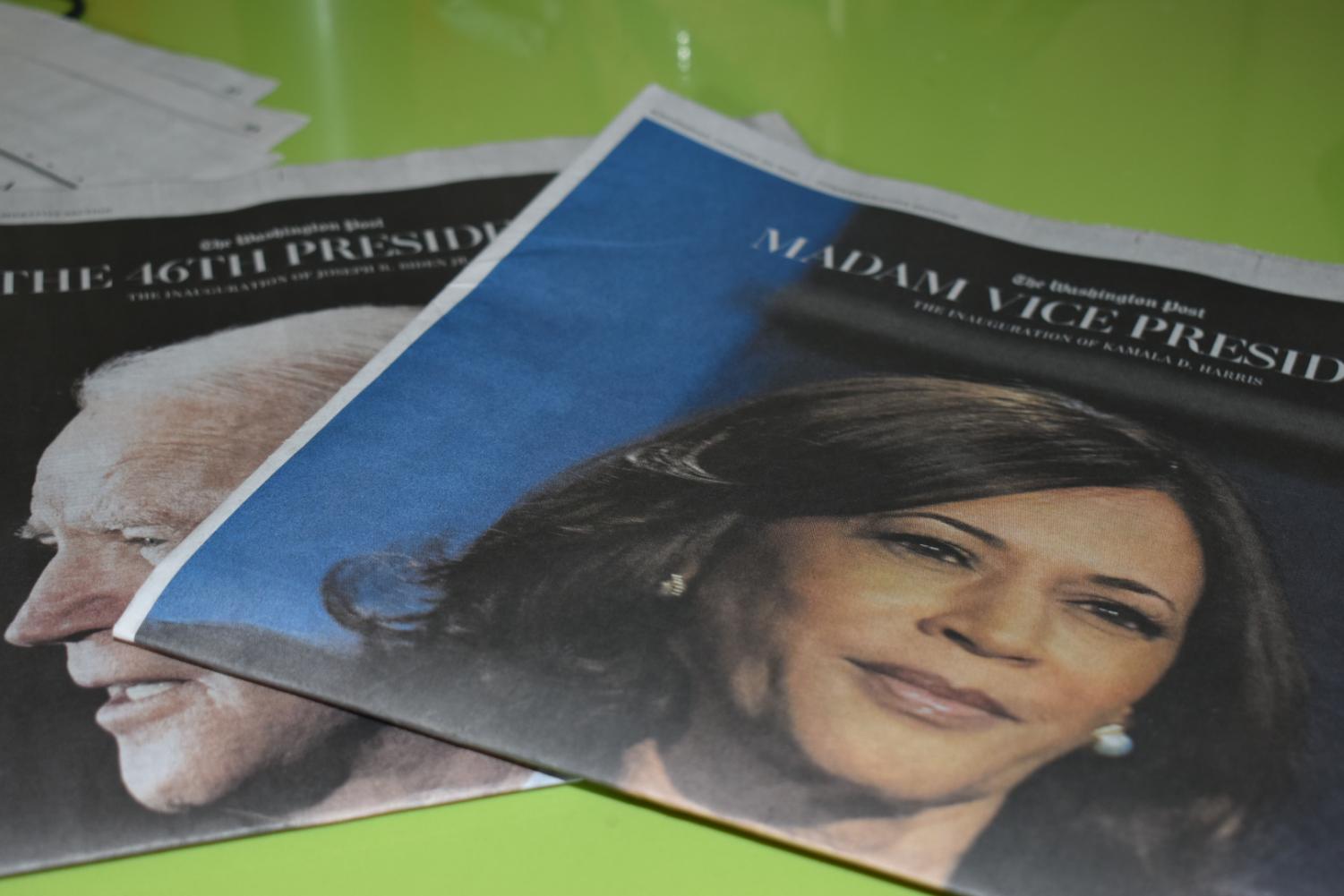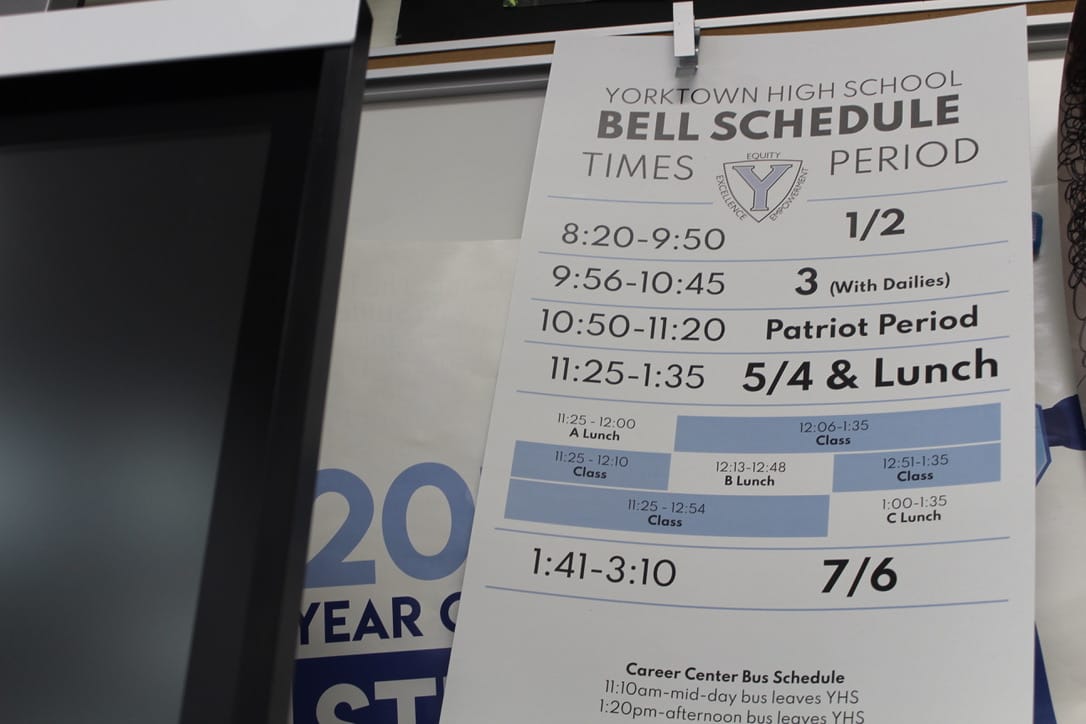No other time in recent memory has America been more ideologically divided than it is today; traveling from coast to coast may as well be a journey through entirely disparate nations as the dramatic rifts among the beliefs of the public become all too apparent. This phenomenon is uniquely modern, a reflection not of an essentially changed people but of the drastically different worlds that our nation’s various demographics construct for themselves. America is on a collision course with irreversible catastrophe, and the only way to redirect this path is to standardize reality through rhetoric and regulation.
The idea that America’s political and philosophical polarization is ramping up is not a revolutionary one, but as the contrast between the two major political parties becomes stark, the line between truth and deceit blurs. Political differences can no longer be reduced to mere differences of opinion; it is from these fundamental disagreements that polarization stems. It is a sobering realization that the American people disagree not only on prescriptive claims but on descriptive facts as well, as nothing is more harmful to democracy than the rejection of truth.
Within the sorts of echo chambers that citizens create for themselves, cacophonous and overwhelming declarations of fact create what seems like bulletproof evidence of whatever point is being championed — but this certainty is an illusion. Questioning one’s beliefs seems to be a lost art, and good faith discourse a fantastical sorcery. With this kind of ignorance can come only fallacy, leading to a political world in which it is inconceivable to be wrong, but unfashionable to be right.
The largest obstacle to the solution to self-deception comes from the fundamental misunderstandings attributed to the issue. Politicians and citizens alike see polarization as a problem somehow separate from others, much like they would consider healthcare reform and police reform to be separate issues. This could not be further from the truth. It is from the contrasting realities of modern America that the blockades to progress arise, and this rhetoric is squarely to blame.
In the eyes of the general population, the defining characteristic of a proposed law or regulation is more often than not the rhetoric through which it is presented. The Republican party uses this to push tax policy that is detrimental to those that support it most or healthcare policy that leaves its most vocal champions crushed under astronomical bills. Conversely, the Democratic party cannot even seem to sell its platform to the great swaths of the populace who benefit from it.
Change is incremental, and political rhetoric must grow to accept that. As long as the most progressive Democrats continue to behave as if the majority of the American electorate agrees with them, pushing leftist policy on a national level will serve only to hurt progress. Radical policy should only be a major part of the Democratic platform so long as there is tangible and overwhelming support for it. Rhetoric is most effective when it is tailored to those it is directed at; a standardized approach is both ineffective and damaging to the left wing.
A change in political presentation alone, however, is not enough to solve America’s greatest political crisis. In every other industry that does business at the expense of consumers’ best interests, the government steps in to regulate. Mandates on how tobacco and alcohol companies are allowed to market to Americans were revolutionary in curbing the dangerous effects of both products, and the consequences of mass deception are far more dire than either.
The fact that Americans can incite and plan insurrections on social media platforms while tobacco ads are banned from television is ridiculous and inexcusable. Corporations are not trusted with the physical health of the people; it is insane that they are allowed to quite literally shape the reality in which we live. Social media companies are enjoying the profits accrued from the spread of misinformation while burdening the public with the costs. This practice cannot be allowed to continue.
When considering the place of constitutional guarantees in modern society, one must understand the purpose of privileges as they are outlined in the Bill of Rights. Clearly, they are not absolute — almost no prominent political figure argues that speech directly inciting violence should be permissible — and they are only beneficial insofar as the effect they have on a society is positive. Therefore, given a circumstance under which freedom of speech as it is currently interpreted is detrimental to the function of the state and the well-being of its constituents, some entity should intervene to correct the situation.
Some would argue that it is not the place of the government to regulate the speech of its citizens but fail to offer any valid proof as to why. Just as absolute rights are not intrinsically positive, government regulation of said rights is not intrinsically negative. Using language to incite violence has been illegal in America for years; if government regulation of speech was a surefire path to a totalitarian regime or thought policing, the citizens of the US would already live under such a state.
Even assuming that government intervention would bring with it some measure of undesirable change to America, it is becoming increasingly clear that it is the only real option to stop the spread of misinformation and polarization. Social media corporations can, as private entities, regulate the speech permitted on their platforms as much or as little as they want to, and lies are far more profitable than truth. In a business where executives are paid by the click, the most efficient way to turn a profit is to maximize the number of consumers that interact with a given element, and misinformation is both seductive and addictive enough for the job.
It is only with regulation that a capitalist state can be effective, and as a society, America seems to understand this. Complaints about the existence of minimum wage or laws against labor exploitation are seen only in the most fringe of groups, but when it comes to the rights of social media companies checks on corporate power are somehow unimaginable. If profits are the only boundary when it comes to doing business, corporations would take advantage of citizens; defended all the way by those they plan to sacrifice.
Information is a product. It can be advertised, packaged, sold and abused. It is more dangerous than any international threat and more prolific than any drug. To be careless with its spread is to deepen the pit down which America has been hurtling, and to correct the issues at hand will take more than a single policy or rhetorical tweak. Only with a holistic approach aimed squarely at dismantling the lies so readily accepted by the public can Americans once again live in the same world as one another.









































